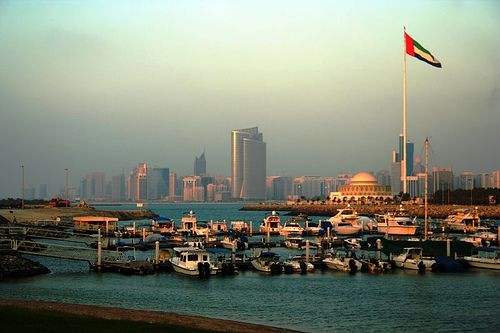Abu Dhabi smartens grids
 Abu Dhabi is well-known for its abundance of fossil fuel, but it may soon be renowned for another energy source: solar power.
Abu Dhabi is well-known for its abundance of fossil fuel, but it may soon be renowned for another energy source: solar power.
On Aug. 7, Abu Dhabi announced that it would be implementing a “smart grid” for electricity which would be connected to every home and business in the capitol of the United Arab Emirates, or UAE. Electricity prices in Abu Dhabi have long been subsidized by the government, and power from oil has been less expensive than constructing solar panels. In response to this, the government plans to subsidize the fixed price of power from solar energy, in order to encourage growth in that direction.
The “smart grid” will utilize computers for every building to track power consumption, in addition to allowing for individual homes to contribute to the power grid. This would be accomplished by offering people the option to have solar panels installed on their roofs, and any power generated, which was not used by a household, would be delivered to the city’s main power grid.
Improved power stations would convert home-generated electricity to a direct, high-voltage current to prevent this power from being lost as heat. The project itself will be undertaken by a private company, the Abu Dhabi Distribution Company, but incentives and subsidies for the shift to solar power would be paid for by the government itself.
The digital electricity meters, along with the ability to generate solar power, will be thought to increase responsible electricity use, since homes and businesses will be able to accurately see their own power usage, as well as their solar energy contributions.
This project, the largest of its kind ever undertaken in the UAE, would create about 500 megawatts of electrical energy at any given time, or as much as a small nuclear power plant.
Both industry experts and government officials have expressed the belief that these initial changes will attract the attention of international corporations and investors, as well as encouraging competition in the renewable energy field in the region. In turn, the cost of using solar power may decrease over time, making government incentives for its use unnecessary.



